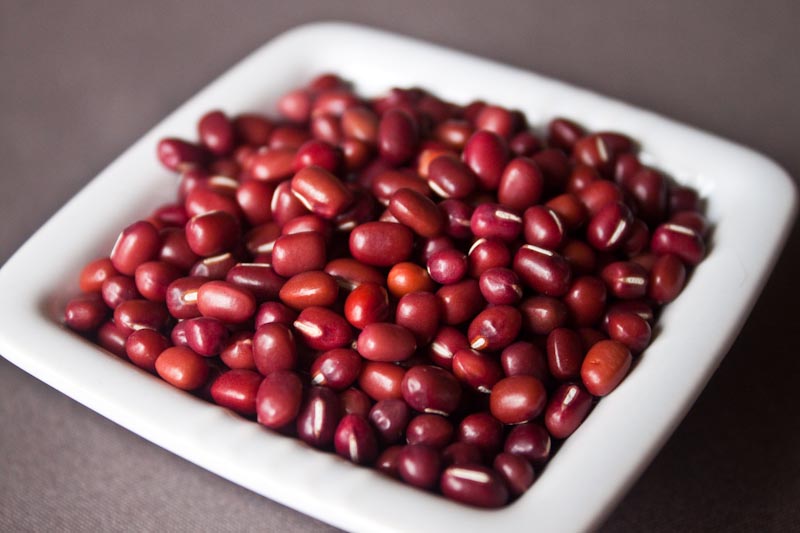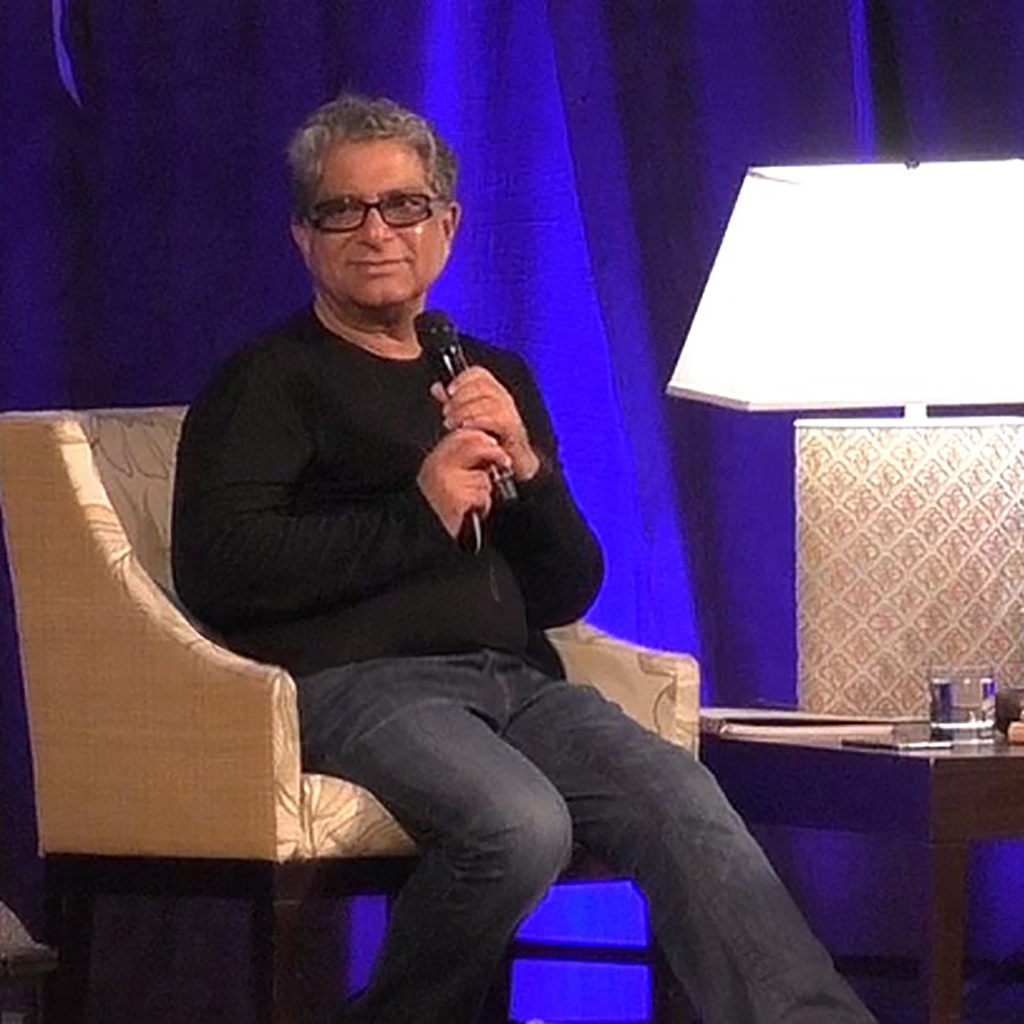
26 Nov How winter affects our wellbeing
How winter affects our wellbeing

girl in winter clothing outdoors
Hello and welcome to I-RAMA blog on this week post we are sharing the connection of winter and our wellbeing, thank you once again for all your support, we wish you Health, happiness, and peace. Years ago people lived in harmony with nature, they rose at sun up and went to sleep at with sundown, consume what they grew in each season and they lived aware of their environment somehow they knew that this connection to nature has a direct impact on our wellbeing and all the aspects of our lives Since we are entering Winter lets talk about the connection to our overall wellbeing and this season..
According to Straight Bamboo by Alex Tan on TCM
Element: Water
Complementary Organ: Bladder
Complementary orifice: Ear
Season Winter
Color: Black
Nature: Yin
Primary function: Regulating the aging process
Skin Concern: Premature aging, hair loss, bone health and health of teeth
Organs: Kidney, Urinary Bladder, Adrenal Glands, Ears, and Hair
Taste: Salty
Emotion: Fear and Depression
Primary Evil: Cold
Active Time : 3pm to 7pm
As we know the ancient Chinese developed a system of medicine thousands of years ago and still is fully used today should tell us something, right?
The main part of this system is part of a greater concept derived from the ancient Chinese way of living their lives. The concept is to live in harmony with all a Chinese Doctor assess not only the physical body but also include energy, food, emotions and your full being, They also take consideration the season of the year as part of the full diagnosis.They teach you how to live in balance so we can stay healthy and in full harmony with all.
A great part of the Chinese Medicine teaches to live in harmony with the seasons due to the fact that each season has associations we need to adapt to so we can be in balance with the environment, especially if you consider that the seasons rule our bodies and our state of mind wellbeing.
Thousands of years ago people lived in harmony with nature, they rose with the sun and went to sleep at sundown, consume what they grew in each season and they lived aware of their environment. Somehow they knew that it has a direct impact on our wellbeing and all aspects of our lives.
Since we are entering Winter, let’s talk about the connection to our overall wellbeing and this season.
Winter in Chinese medicine represents the most Yin aspect of the TCM ( Traditional Chinese Medicine), due to Yin aspect being associated with dark, cold, slow, inward energy, contracting energy.
Winter is the season of retreat and rest when the Yin (night, female, cold) is now dominant and Yang (day, male, hot) energy moves inward. Winter is a time of stillness and quiet, amplifying any sound there is around us. It is the time where this energy can be most easily depleted. Our bodies are instinctively expressing the fundamental principles of winter – rest, reflection, conservation, and storage.The ability to listen clearly to our bodies and the relation to everything around us at this time of year is sharpest, not only listening through conversation but listening to your own body and understanding its needs, as well as having a deeper understanding of yourself and your interactions with others.
In winter, living things slow down to save energy while some animals hibernate. It is also the season where humans conserve energy and build strength as a prelude to spring. In Traditional Chinese Medicine (TCM), human health has long been considered to be closely tied to nature. The natural world is thought of as a holistic entity in itself, and man’s health is determined both by his inner balance as well as in relation to the surrounding environment. Since ancient times, Chinese medicine practitioners have studied and developed in-depth parallels between nature and health.
TCM believes our diet should be adapted to focus on enriching yin and subduing yang, which means we should consume appropriate fats and high protein foods. Chinese yam, sesame, glutinous rice, dates, longan, black fungus, (mushrooms) bamboo shoot, mushrooms, leeks, and nuts are common ingredients in the Chinese dishes this time.
It is advisable to eat more food with bitter flavors while reducing salty flavors so as to promote a healthy heart and reduce the workload of the kidney.
Since a person’s appetite tends to increase in winter when they have a lower metabolic rate, absorbed nutrients from foods can be stored more easily. Energizing herbs such as ginseng, wolfberry, angelica, Riemannian root, astragalus and medicinal mushrooms can be used for this purpose. The principle of harmony between food and the weather is based on practical experience. It may seem to contradict principles stated elsewhere but the fact remains: foods eaten during the four seasons have different impacts on the human body, doesn’t that make sense? What we eat is directly connected in our wellbeing, Uhmmm! An alien concept for most people,at the same time if we don’t know these facts how can we follow them? so this is the reason for this post we would like for everyone to know, so you can all be at your best. Foods become part of the body after being consumed but the four seasons (that is environmental factors) always have impacts externally and internally on the body. Chinese dietary philosophy suggests that you embrace your native foods in addition to eating locally-grown foods and those in season staying away from foods that don’t grow in the vicinity and out of season foods. I grew up like this and we follow the belief that anything that grew away from us or out of season wasn’t healthy to eat, no synergy.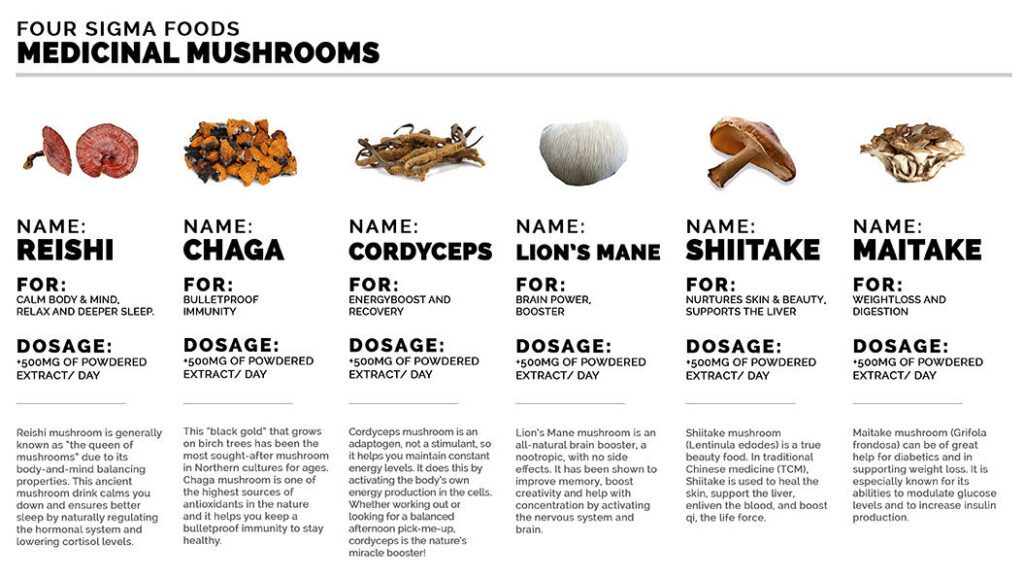
Let’s keep in mind if we compare this list of food with other sources, you may find small discrepancies due to the differing opinion as to whether some foods belong in the Yin or Yan category.
For Winter the food color is Black, like black sesame seeds, black olives, black beans and other foods that we will mention here.
Pine nuts, anchovies, mussels, trout, walnuts, and chestnuts are also warming. You can encourage circulation and transformation with warming herbs such as ginger, cinnamon, cloves, black sesame seeds, cardamom, fennel, anise, black pepper, ginger, walnuts, turtle beans, micro-algae (such as chlorella, spirulina) and dark leafy greens,black lentils, onions, leeks, shallots, chives, chicken, lamb, trout and salmon., black tea (decaffeinated caffein affects kidney in a negative way) this time of year the Kidneys get compromised so caffeine is not so good for them. Cabbage, carrots,red beans, potatoes, cereals,soy sauce low sodium, black vinegar,black trumpet mushrooms, nori seaweed (great for skin), lots of it, figs, dates, caviar, sesame oil, olive oil, clove tea, spearmint tea, and decaffeinated Chai to mention a few.
It is advised a small amount of unrefined sea salt added to your home- cooked foods, is also helpful since the taste associated with the Kidney organ is “salty.” Please keep in mind not to over salt, though (as usually is the case in Western cuisine)
Foods in winter that build yin include beef, barley, turtle beans, millet, beetroot, wheat germ, seaweed, black sesame seeds, molasses, spinach, sweet potato and potatoes. Congees, stews and soups, bone-soups (stock) in particular the reason is that Kidneys are the ones that support the bones, and bone broth supports bone, naturally support yin.
So the idea is of calming foods like stews, and baby food like meals, warming!.
Avoid raw foods as much as possible; not to mention cold drinks and foods like ice cream. In general, it is not the time for RAW or COLD foods.
Winter is a time of gentle quite celebration where nutritious and warming foods and family connection is promoted in-home gatherings. Hence, many cultures have their biggest family/food festival of the year in this season – cozy gatherings promoting interaction with friends and family with plenty of warming, comforting foods and moderate amounts of warming liqueur drinks, one glass of good organic quality wine helps the circulation of yang within the body and helps drive out the cold energy, how about that, yumm.
On stormy or windy days, stay indoors when possible and make sure to wear hats and cover the ears which represent your kidney and when they get cold the kidneys get affected. The body’s qi needs to be conserved by keeping warm but not hot. Take care not to sit too close to the fire or by avoiding sweating when takin hot showers, baths or saunas as the pores of the skin open and yang qi is easily lost, so it is like leaving tiny little windows open and your heat escapes defeating the purpose. Keeping life simple and avoiding excessive lifestyles is preferable this time a year.
I thought that water was good for me! people say
It is true that you want to stay hydrated; we need to consider the fact that beyond this, forcing liquids just so you can say that you had your ‘8 glasses of water’ each day may only be putting an extra burden on the Kidneys according to TCM. Additionally, chronic dryness and thirst are likely an indication of Yin Deficiency where your cells are not properly absorbing the water that you are consuming! Imagine that your cells are dry peat moss; you add water to the peat moss, but it just rolls off so no absorption. If you have become Yin Deficient, Yin tonic herbs and foods are utilized to improve the permeability of the cell so that the water you consume can actually be used by the cells.
I thought drinking iced water helps will help me lose weight!
A really great way to see all of the blood drain out of your acupuncturists face would be to announce that you are drinking large amounts of iced water because you read that it would crank up your metabolism and help you lose weight Ayyy so the opposite. This latest misguided logic combines the ability to damage the Spleen AND compromise the Kidney energetic systems according to Chinese medicine; the result would be weight gain and more serious imbalances that could take years to repair, I know these facts since very young, where I come from they never serve water or drinks with ice, it makes sense the body temperature is 98.6 degrees so when cold drinks at 30 degrees or below 98.6 are ingested the heart struggles to warm up and reach the 98.6 degrees and abandons the metabolism to a more important life threatening signal, how about that.
In Traditional Chinese Medicine (TCM) the stomach holds the food, while the spleen transports and transforms the food. Their ability to work properly is considered so important that the qi, or energy, of the human body, rests on the proper function of the spleen and stomach.So cold foods and cold drinks fully tax this process.
Keeping the feet warm through winter is essential in order to nourish Kidney Chi. Fewer showers, especially too hot for the skin this time a year gets dry and hot water dehydrates it, you can treat yourselves to more hot-water foot baths, and are recommended before going to bed. If you need a hot water bottle or hot Flax seed bags, they are best to be put down by the feet. In Chinese medicine, we believe the head should be relatively kept cool and the feet warm for proper fluid and energy movement in the body to take place. Just like the ancient Chinese landscape painting where at the top there is ice-capped mountain and below where the river runs down is a warm valley all have a meaning. In the cold winters, good boots and thick pants most important. Winter is also a good time to get the Chi moving with light physical exercise such as walking, Qigong, Tai-chi, Yoga not the HOT king at all, get massages, lymphatic work, trampoline and keep it on the mellow side of the exercise routines to prevent stagnation. However, on stormy or windy days, it is important to retrieve your energy up properly or to stay indoors when possible. The cold that surrounds us at this time of year can easily seep into our bodies and lower our immunity not to mention the damage to our kidneys. Exercise until you are warm but stop before you sweat too much so you don’t spend your heat reserve on it.
If you happen to have cold-damp tendencies, you can encourage your circulation and transformation with warming herbs such as ginger, cinnamon, cloves, cardamom, fennel and anise. These herbs and spices are extremely valuable and not only for taste and flavour but also for health and proper function of the body. This is most likely why the spice trade was so valuable to the Europeans and other civilizations for thousands of years
According to TCM, the signs of stress, frustration, and unresolved anger can work together to throw your immune system way off so does fear and the Kidneys are the ones that are in charge of that emotion when there is an imbalance in the kidneys it allows for pathogens to easily affect your body. Things that deplete our base energy are:
• Stress, fear, insecurity, and overwork
• Toxins in our food, water, and environment (e.g. pesticides and heavy metals), as well as intoxication
with drugs (alcohol is also considered a drug that turns into sugar)
• Consumption of too many sweet foods (sugar) and Caffeine also
• Excessive semen loss for men ( this means to much sex for men) and women bearing “too many” children (for their constitution), or not rebuilding adequately after each birth.
Aspirin and Vitamin C are both to cold on the body and digestive system specifically, so in winter you may want to try an alternative to aspirin for pain and get your Vitamin C from food sources such as pumpkin soup or warm fruit compote, porridge.
Winter warming Herbs and Spices
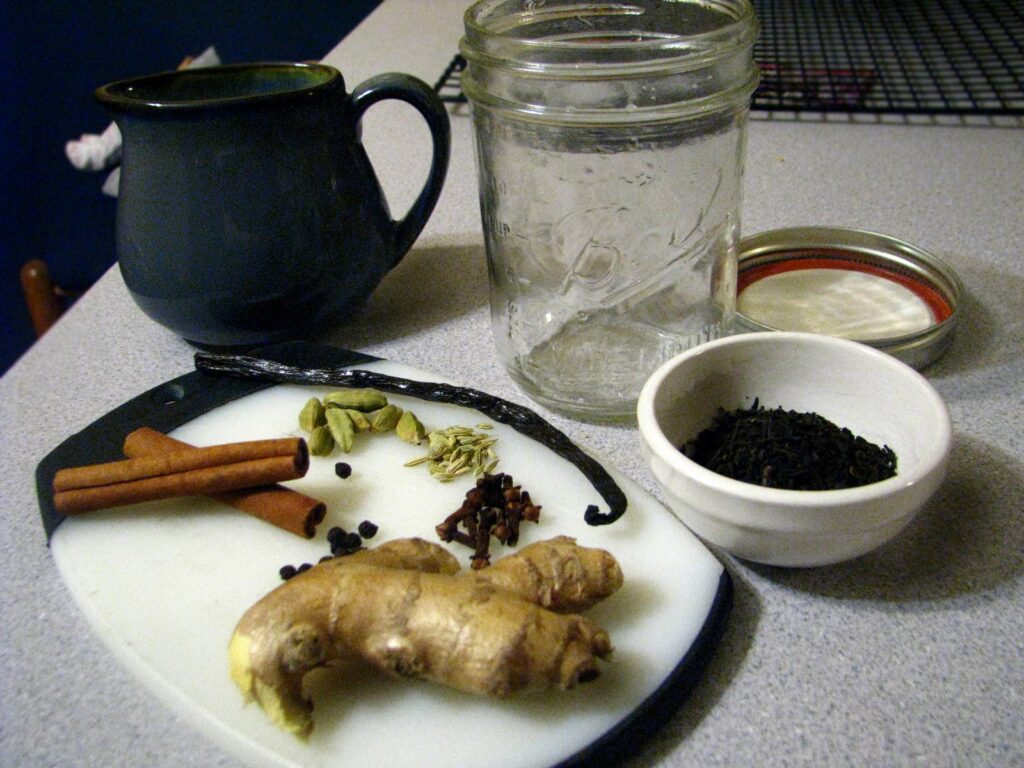
Adzuki beans – remove damp and ease swelling
Celery – calms the liver and treats high blood pressure
Chestnut – strengthens kidneys, lower back, and knees
Kidney Beans – strengthens kidneys and helps with lower back pain and sexual problems
Leek – warms the body Liver – nourishes blood and treats Liver deficiency
Pine nuts – builds the yin of the heart and lungs
Root vegetables are great in general.
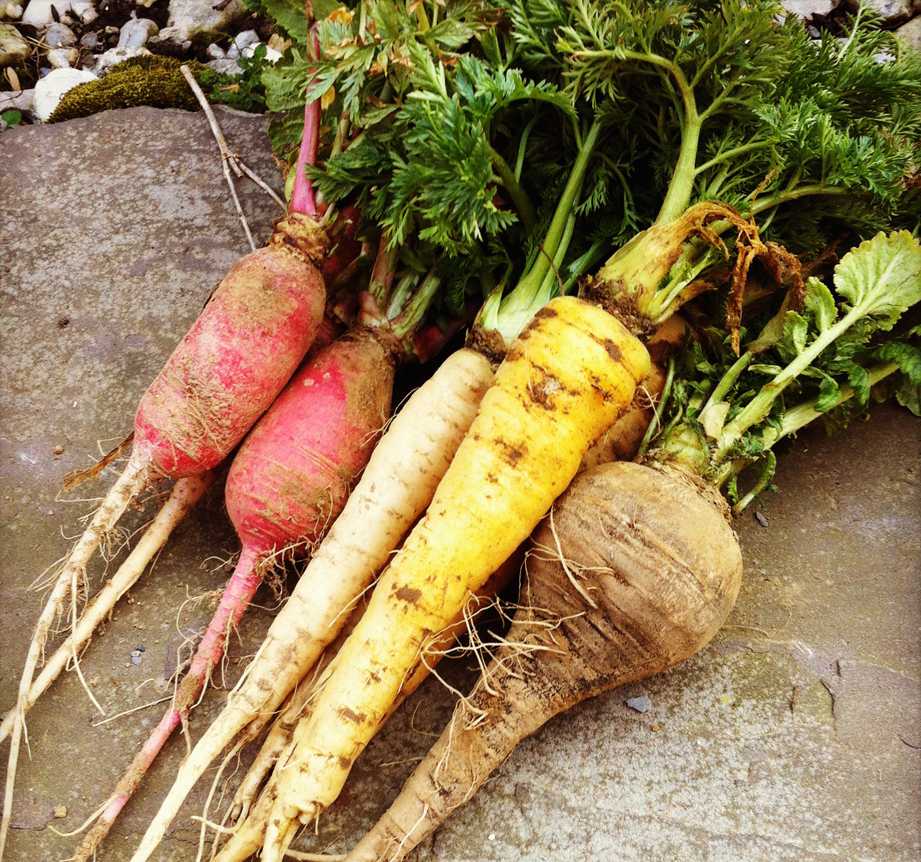
THE KIDNEYS
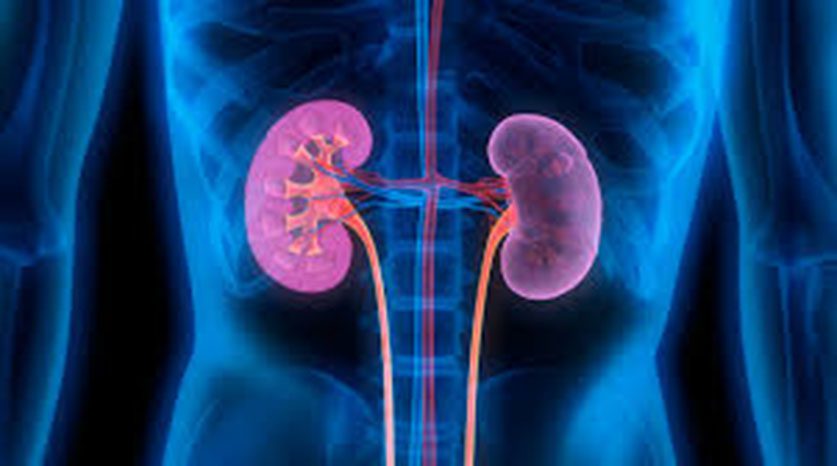
The Kidney is the organ system that shares the power of Winter. Just as the bear survives upon accumulated reserves, the Kidney harbours our Essence that feeds and renews our life force. It is the Kidney that supports the reproductive organs governing sexuality, as well as engendering the structural elements of the body that regulate growth, bones, teeth, hair and regeneration.
It also is directly connected to the reproductive system and fertility. A deficiency of this energy can mean a fetus may not be able to grow and develop correctly. TCM always encourage mothers-to-be to take tonics for their Kidney energy in order that their child has the best possible start to life and so that the mother will not be left depleted after the birth also.
Our base or Kidney energy determines our ability to grow and develop, physically and mentally.
This is dependent upon an adequate store of Essence, which gives rise to the marrow, which produces the brain, spinal cord, bones, teeth, blood, and hair, so as we see as a crucial importance to maintain optimum care of it. Whereas Kidney Yin controls the juicy Essence, Kidney Yang kindles metabolic process. All the other organs depend upon the Kidney for moistening and regeneration (Yin), and for animation and warmth (Yang).
Winter in TCM is the season related to the water element and the organs associated are the Kidneys and Bladder, both of which are very sensitive to cold. The Kidneys are considered to be the gate of life, storing our life essence, regulating reproduction and development, fluid distribution and our longevity, among other vital functions these are directly related to the health of our Kidneys. It seems impossible to be too good to the Kidneys in Chinese medicine and supporting them becomes increasingly important as we get further into our later years.
They store all of the reserve Qi in the body so that it can be used in times of stress and change the ability to cope with stress, or to heal, prevent illness, and age gracefully, major support tour wellbeing. They are the balance of heating and cooling in the body. The image of the Kidney it resembles a pot on an open flame. The water represents the yin aspect and the fire represents the yang fire that steams the water up and through the body from the base energy of the Kidneys that powers the bodily functions.
In winter it is the time when many people tend to reduce their activity. Is that true for you?, It’s wise to reduce the amount of food you eat to avoid gaining weight unnecessarily, due to the fact that the tendency here is to eat more carbohydrates and have fast fuel, is best to slow down all the way around.
The health of our Kidneys can be seen from the health of our hair and experienced through the sense of our hearing. Hair loss, premature greying, split-ends, hearing health, ringing in the ears (Tinnitus) all signal Kidneys that could do with a boost. Bone marrow is linked to the Kidneys as are problems with the knees, little bones, lower back, and teeth. These are major parts of our health that are a great deal for so many people. Many ear problems can be linked to the Kidneys and the health of our Kidneys directly impacts on reproduction and sex drive, ouch not so good!.
It dictates our growth, by that we are saying size, tall or short and underdeveloped when not working optimally.
Let’s talk about the Kidney type individual;
Signs Of a healthy Kidneys
A youthful appearance at all ages
Thick hair healthy hair
The body frame that is sturdy
A dense physique
Strong healthy teeth
Strong healthy bones
Avery sharp mind
Clear thinking
Absence of irrational fear
Absence of fluid retention and puffiness
A really strong spiritual connection connection
When the Kidney is unhealthy
Second guessing and self- doubt
Disconnection with internal wisdom which causes fear
The intellectual knowledge weakens
I a clear sign of premature ageing a lifeless withdrawn look
The appearance is usually pale and withered
And here is the answer for the dark circles under the eyes
Puffy
Hair loss thin hair especially when it starts early
Growth delay ( small children that don’t seem to match their age size)
Delay maturity
Bones that are brittle
Premature greying of the hair
Abundance of dental problems
Excess fluid retention
Hearing challenges like hearing loss
No drive to accomplish any goals
General Confusion
General Fear
Irritated for no reason
Dazed and confused like Led Zeppelins’s song said

Couple Cuddling in Bed — Image by © Dann Tardif/LWA/Corbis
Sleep and Rest More: In the winter try to go to bed early and get up later, read a great book and doze off. Nights are longer in winter, Nature knows is time to rest more the sun sets early and rises late so it is easy to feel like crawling in bed. Sounds great to sleep early and rise late. Therefore, one should refrain from overusing the yang energy which relates to the go go go that everyone is so used to.Some of this advice for winter focuses on humans’ natural circadian rhythms, a biological process noted in almost all living organisms that display a change over a 24 hour period.
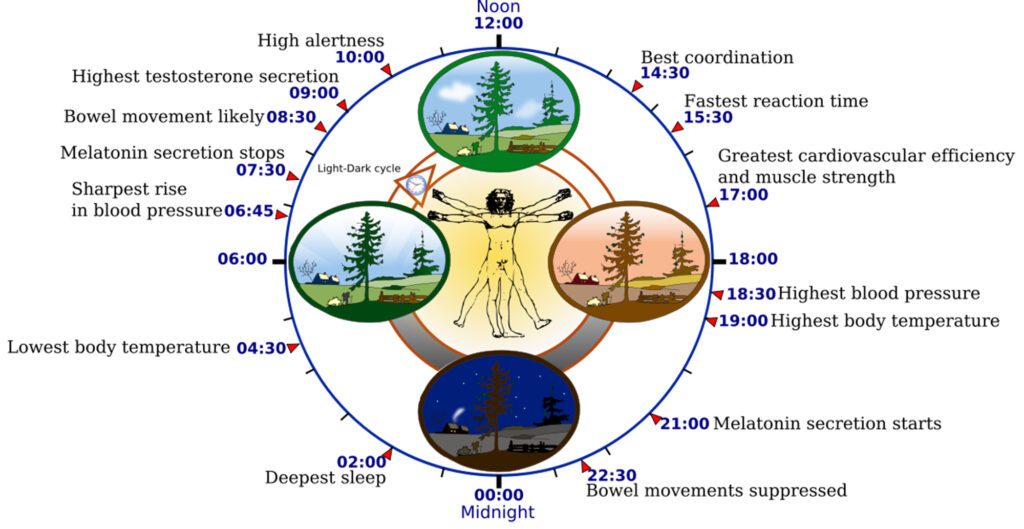
Circadian rhythms are designed to allow organisms to anticipate and prepare for precise and regular environmental changes. It has therefore been suggested that circadian rhythms put organisms at a selective advantage in the evolutionary terms. However, rhythmicity appears to be as important in regulating and coordinating internal metabolic processes, as in coordinating with the environment so is of big importance to be in rhythm.with the seasons as much as possible.
Outside the “master clock”
Amazingly enough independent circadian rhythms are found in many organs and cells in our body outside the suprachiasmatic nuclei (SCN), the “master clock” what an incredible the body is. These clocks, called peripheral oscillators, are found in the adrenal gland, so is important to be conscious of the stress levels and the amount of caffeine we consume, due to the fact that these factors contribute directly, to overworked adrenals and that keep us up and creates too much adrenaline and Cortisol (High cortisol contributes to WEIGHT gain aside other consequences), there are other parts of our body that circadian rhythms are found in oesophagus, lungs, liver, pancreas, spleen, thymus, and skin. Though oscillators in the skin respond to light’
So with that knowledge we must consider the blue light of the TV and mobile devices before we go to sleep especially after 10 PM and even before that time a day because it alters the Circadian rhythms, which will control the production of Melatonin and the Glands that control AGING!!! so we have a choice.It is best to sleep in a fully dark room.
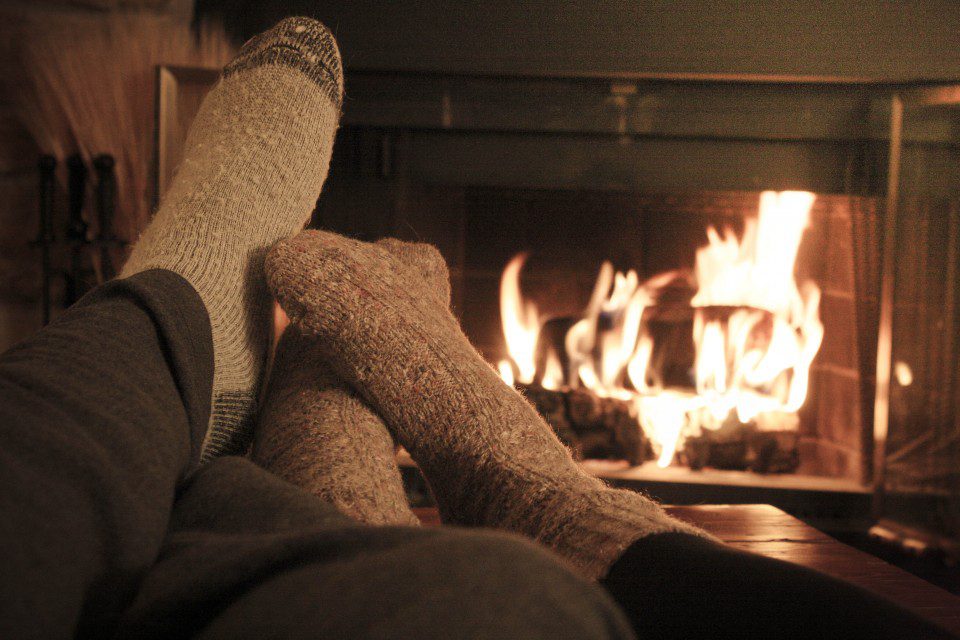 Manage your stress: Stress weakens the immune system, full stop. It’s our response to stressors that we call stress, just as much as the stressors themselves. Some of us make everything stressful. Winter is a time for introspection as well as celebration.
Manage your stress: Stress weakens the immune system, full stop. It’s our response to stressors that we call stress, just as much as the stressors themselves. Some of us make everything stressful. Winter is a time for introspection as well as celebration.
Eat well: Eat freshly cooked food with lots of vegetables. Freshly cooked food is just that; freshly cooked.
Protect Your Body from the Elements: Catching a chill weakens your resistance to the rhinoviruses that cause colds. So match your dress to the weather. We protect ourselves from the rain with rain gear. We also have to protect from the cold and wind with warm clothing. Especially keep your head, neck, upper back, and belly warm and safe from wind. Wear a hat and a jacket with a warm collar or a scarf. If you sweat with exercise, dry off as quickly as possible.If you do get a chill after being outdoors, drink hot ginger or cinnamon tea when you come in. Boil water, add 3 slices ginger root and simmer a minute. If not available get some masala chai at the cafe and there you will be getting the herbs and spices you need all in one pay attention what is the base of your Chai some have too much caffeine.
CHAI INGREDIENTS
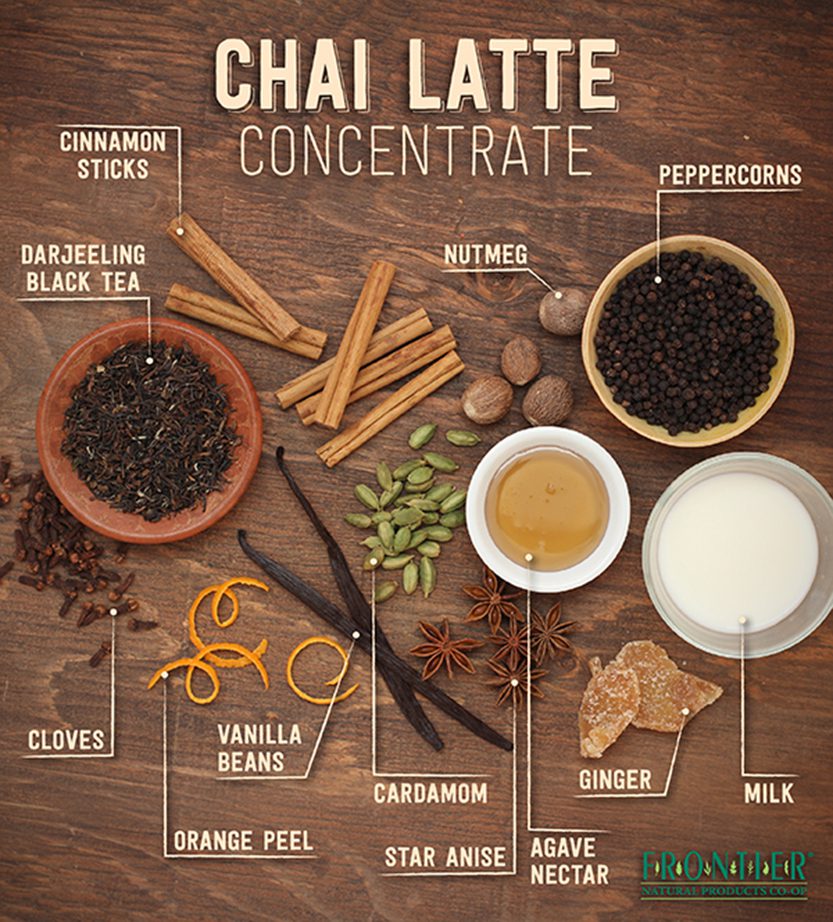
Exercise is always healthy. However slow, repetitive movements with less exertion than usual must be preferred. Short walks and exercises to strengthen the lower part of the body (legs, hips, pelvis, low back) are the best choices. Physical exercises must always be balanced with energy work: guided energy meditations (internal alchemy), yoga that includes more than stretches. Qi Gong and Tai Qi Chuan are the ways to create that balance.It is advised to avoid sweating during the coldest months, as this is thought to cause injury to the kidney qi, or energy, an internal energy people should strive to preserve in winter. According to Huang Di, sweating will “cause weakness, shrinking of muscles, and coldness, and the body may lose its ability to open up and move in the spring.” It is important to conserve energy in winter so that it can be put into action in spring.
Recipes to sustain wellbeing in Winter
Healing Congee Recipes
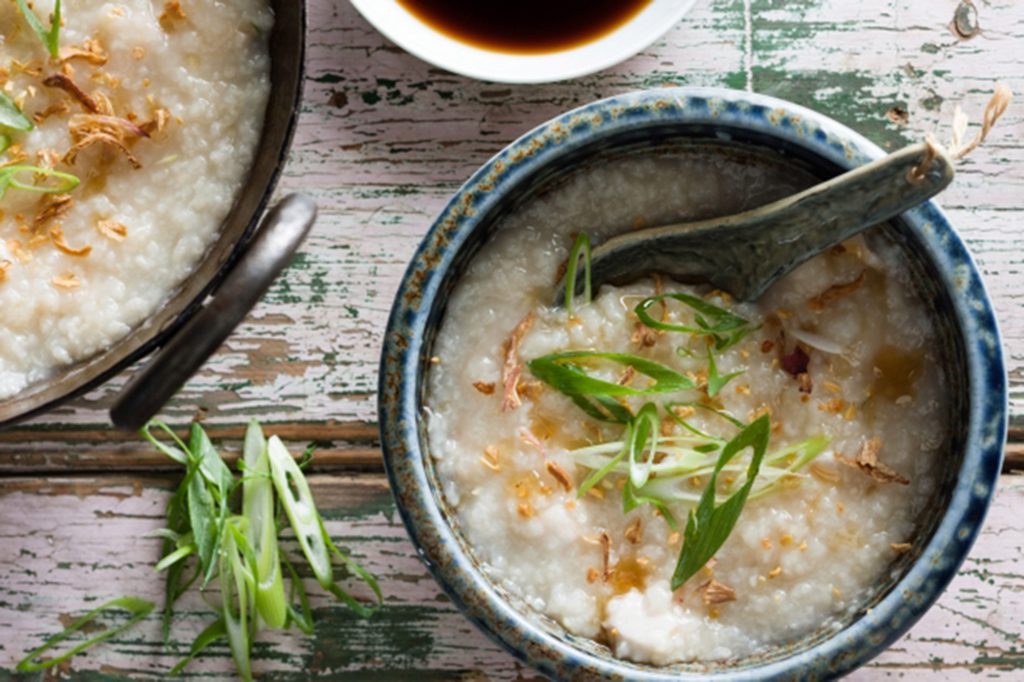
Just a simple cup of rice makes a healing soup called “congee.” Congee is a nutritional rice soup served warm and can be eaten at any time of the day to support or recover good health. It is easy to digest and is perfect when you are experiencing any discomfort digestively or recovering from the flu, surgery, childbirth or food poisoning among other conditions.
Dr. Emily Navas says: I tell my patients to use 1 cup of rice to 8 cups of bone broth or vegetable broth.
Cook in a covered saucepan on low heat and simmer for about 2-3 hours until the rice is completely broken down and is a creamy consistency. Stir occasionally to prevent sticking. Adding vegetables and herbs about an hour into cooking is the way to make this a healing soup.
Choose the following to be added depending on the purpose of the healing:
Ginger: to treat cold and deficiency, diarrhea and indigestion
Aduki beans: to treat edema and increase urination, diuretic; curative for edema and gout
Carrots: to ease intestinal gas symptoms
Fennel: to help treat cold and deficiency, harmonizes stomach, expels gas.
Butternut squash: my favorite to help increase the qi and to add a sweetness to meals, great for children Congee.
Onion or leek: to warm the digestive system and treat chronic diarrhea, great tonic for lungs
Red dates: overall strengthening of the energy
Liver: to treat blood deficiency (I like to use organic chicken livers)
Cod fish or Dried mini-shrimp: for the deficiency and fatigue and brain fog
Chestnut: Tonifies kidneys, strengthens knees and loin; useful in treating anal hemorrhages
Water Chestnut: Cooling to viscera; benefits digestive organs
Chicken or Mutton Broth: Recommended for wasting illnesses and injuries
Duck or Carp Broth: Reduces edema and swelling
Leek: Warming to viscera; good for chronic diarrhea
Mallow: Moistening for feverishness; aids digestion
Mung Bean: Cooling, especially for summer heat; reduces fevers; thirst relieving
Mustard: Expels phlegm; clears stomach congestion
Salted Onion: Diaphoretic; lubricating to muscles
Black Pepper: Expels gas; recommended for pain in bowels
Red Pepper: Prevents malaria and cold conditions
Pine Nut Kernel: Moistening to heart and lungs; harmonizes large intestine; useful in wind diseases and constipation
Poppy Seed: Relieves vomiting and benefits large intestine
Purslane: Detoxifies; recommended for rheumatism and swellings
Radish: Digestant; benefits the diaphragm
Pickled Radish (salt): Benefits digestion and blood
Brown Rice: Diuretic; thirst-quenching; nourishing; good for nursing mothers
Sweet Rice: Demulcent; used for diarrhea, vomiting, and indigestion
Scallion Bulb: Cures cold diarrhea in the aged
Sesame Seed: Moistening to intestines; treats rheumatism
Shepherd’s Purse: Brightens the eyes and benefits the liver
Spinach: Harmonizing and moistening to viscera: sedative
Taro Root: Nutritious; aids the stomach; builds blood
Yogurt and Honey: Beneficial to heart and lungs
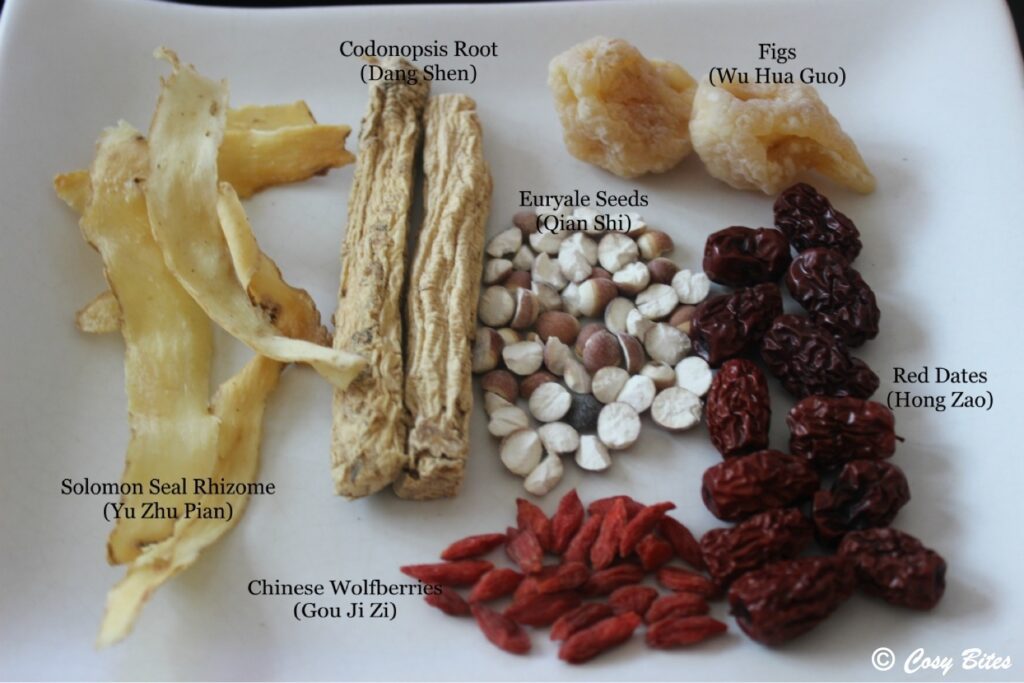
In acupuncture often recommended depending on their symptoms, the following herbs to add an hour into cooking:
Cordonopsis (Dang Shen) for tired limbs, fatigue, and prolapse of any kind
Astragalus Root (Huang Qi) for post-partum fever due to blood and qi deficiency, also an amazing her used in any recovery stage.
Licorice root (Gan Cao) for painful spasms of the abdomen or legs
Goji Berries for blood deficiency and calming effect
For those who are recovering from serious chronic illness, congees are a way to rebuild the health with a cereal of rice or grain combined with appropriate foods and tonic herbs. This type of therapeutic porridge is easy on the digestive system and is well assimilated for those who are weakened from chronic disease. Cook as you would rice or grain.
HEALING PROPERTIES OF CONGEE
This simple soup is easily digested and assimilated, it helps tone the blood and the qi energy, harmonizes the digestion, and is demulcent, cooling, and nourishing. Since all the chronically ill people often has weak blood and low energy and easily develops inflammations and other heat symptoms from a deficiency of yin fluids, the cooling demulcent and tonifying properties of congee are particularly beneficial; it is also useful for increasing a nursing mother’s supply of milk. The liquid can be strained from the porridge to drink as a supplement for infants.
Other therapeutic properties may be added to the congee by cooking appropriate vegetables, grains, herbs, or meats in with the rice water it adds different qualities to it. Since rice itself strengthens the spleen-pancreas digestive center, other foods added to a rice congee become more completely assimilated, and their properties are therefore enhanced. Listed above are some of the more common rice-based congees and their specific effects
Books we share on these subjects
Henry Lu, “Chinese System of Food Cures Prevention and Remedies”
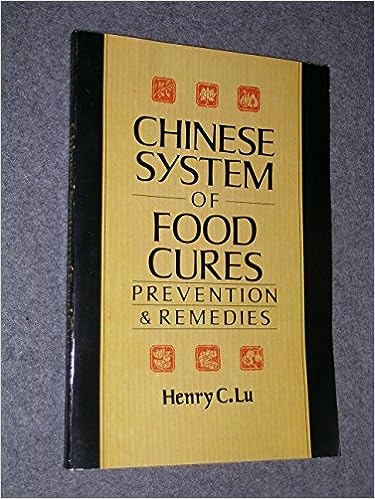
Elson Haas,MD, “Staying Healthy with the Seasons”
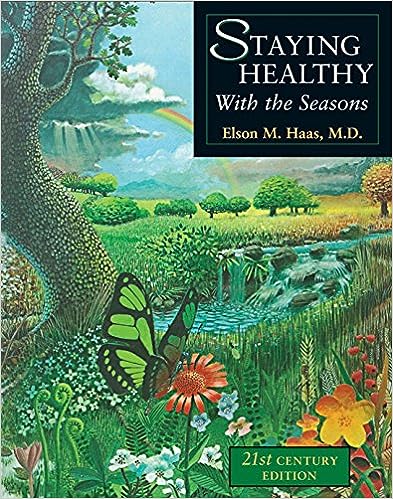
Warren Sheir “Ancient Wisdom, Modern Kitchen”
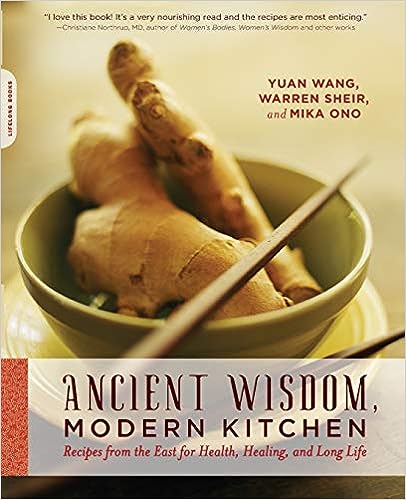
Deepak Chopra, M.D. and the whole Chopra Center family are thrilled to share strategies to reduce stress, practices to promote total well-being, and a transformative experience of self-discovery, higher consciousness, and awareness. The best part is you can access this program from anywhere in the world! It includes an exclusive mix of enlightening video and audio content from Deepak Chopra, M.D., guided meditations, and more. Living in Awareness
With Deepak Chopra

